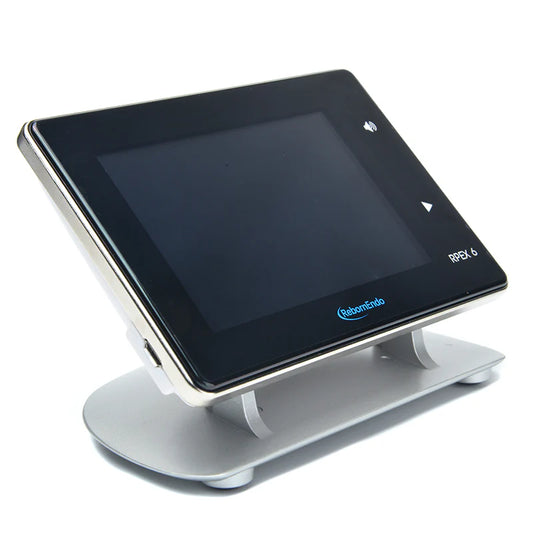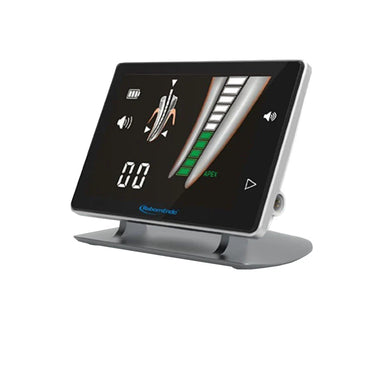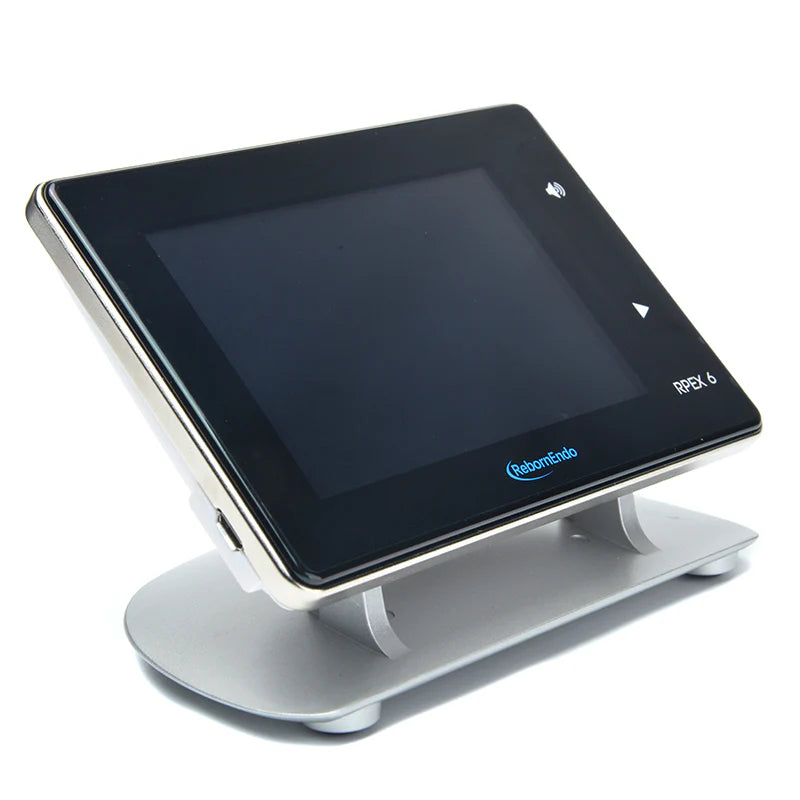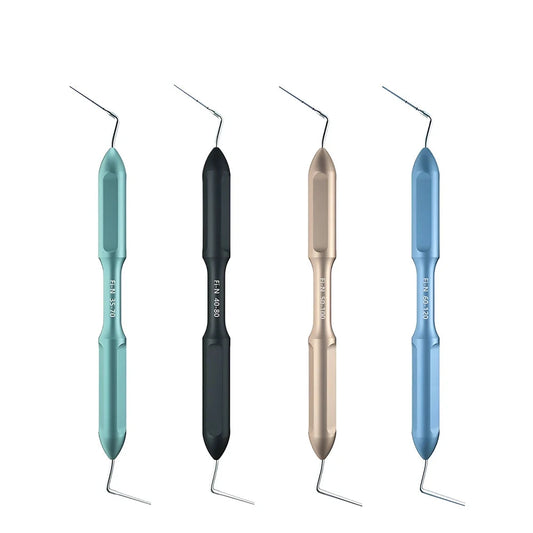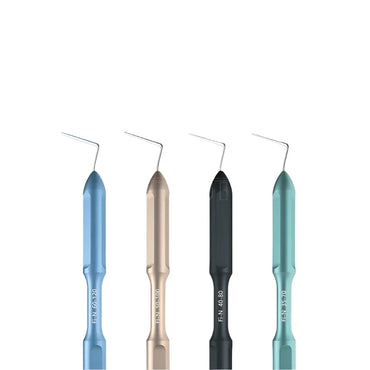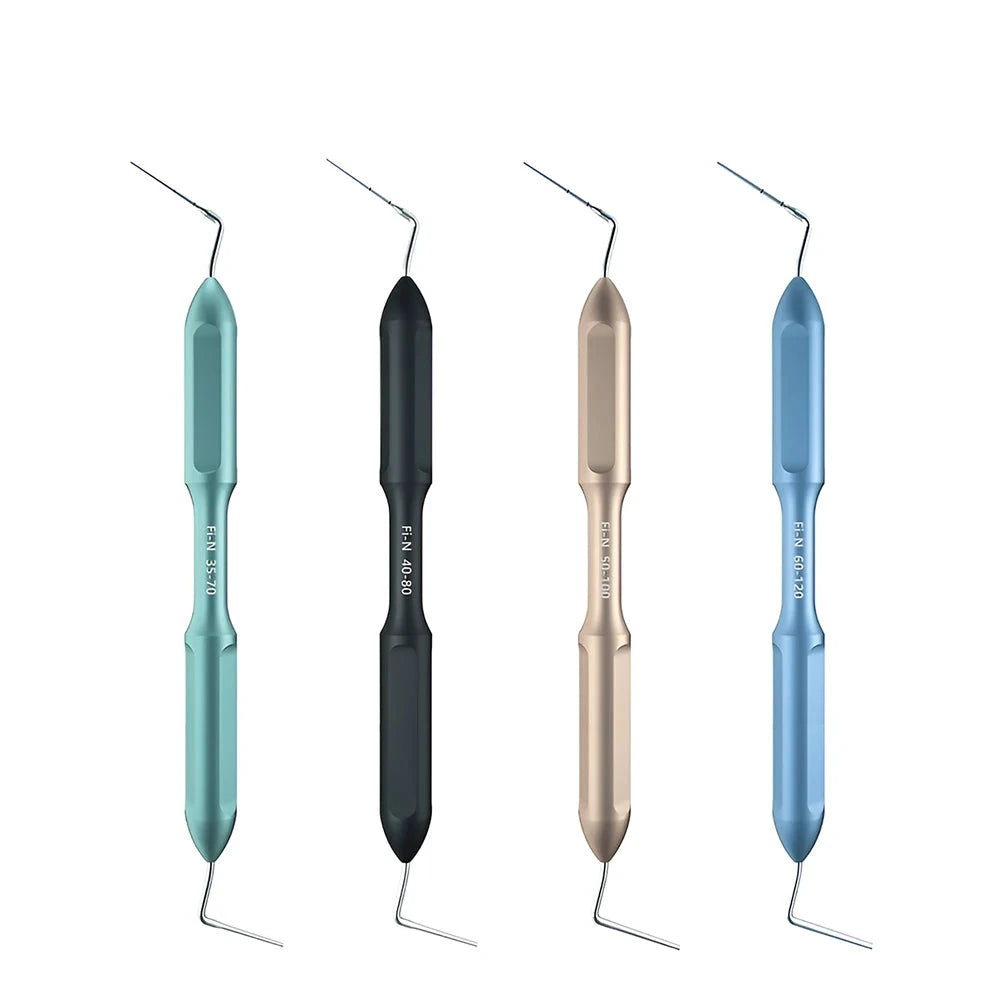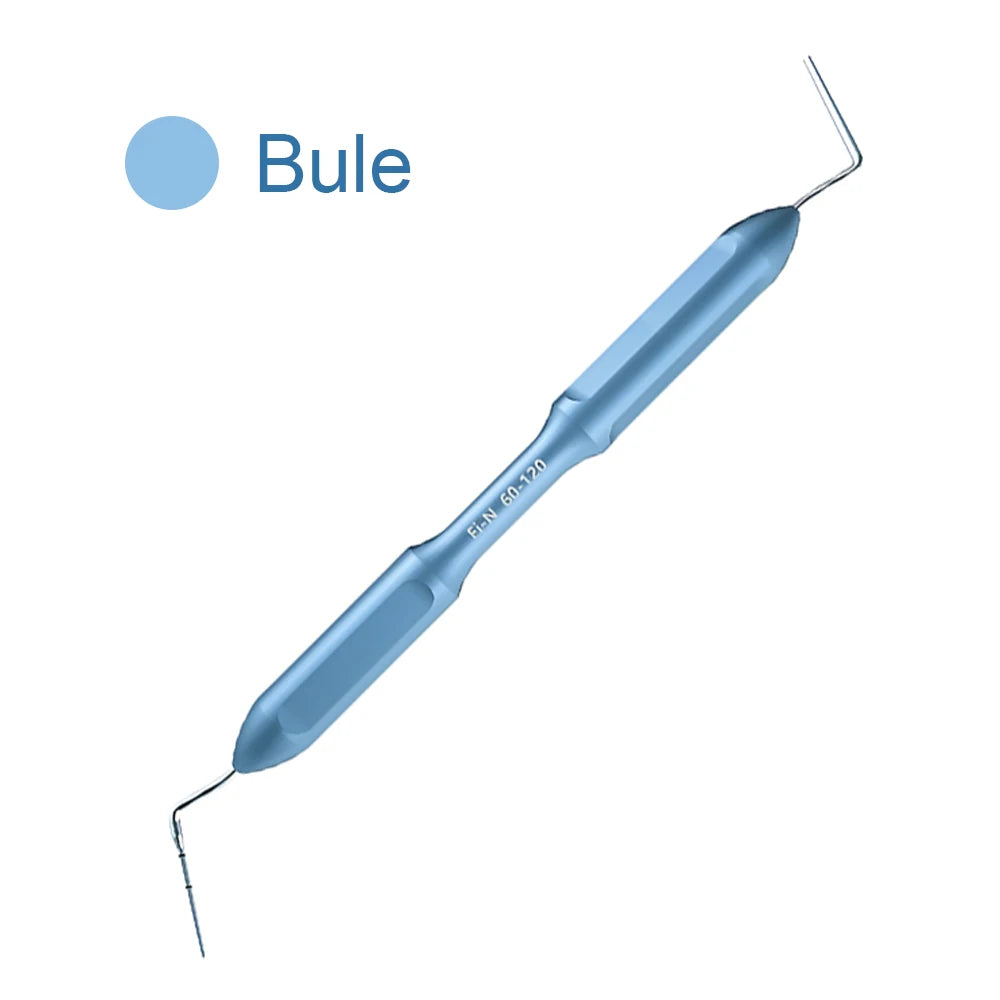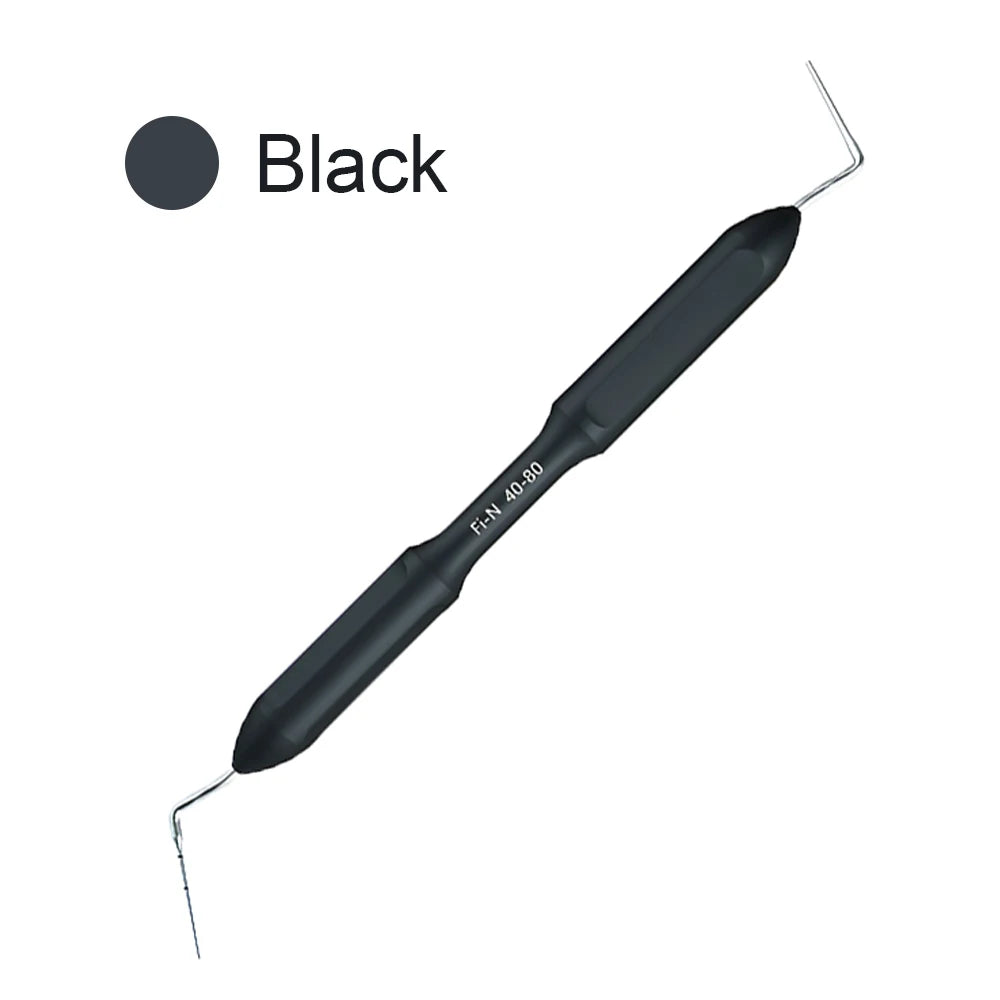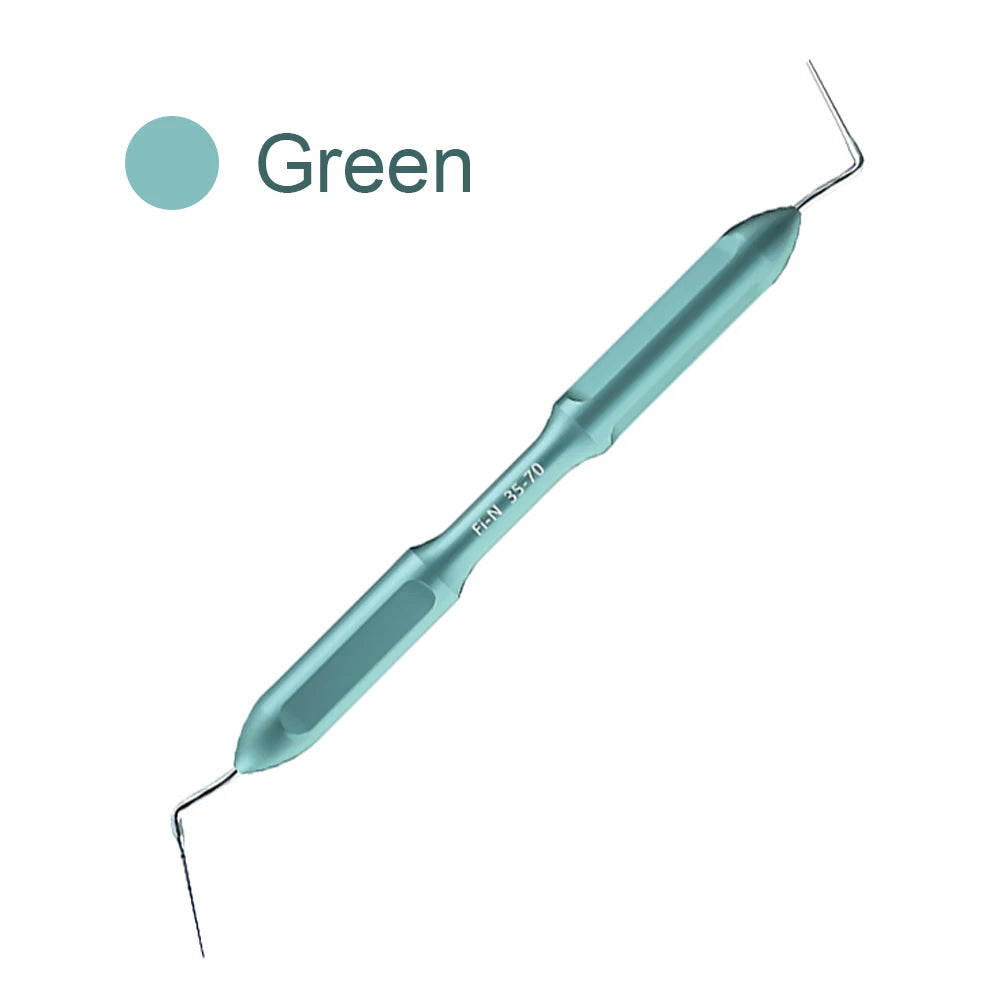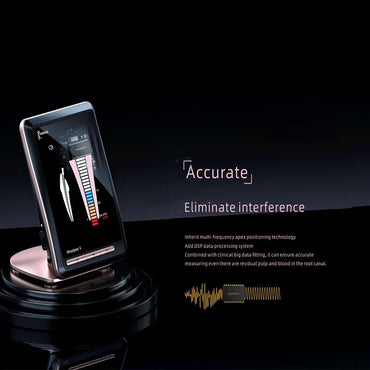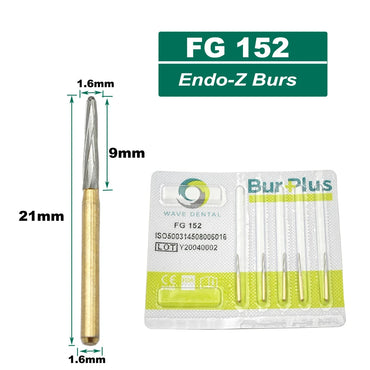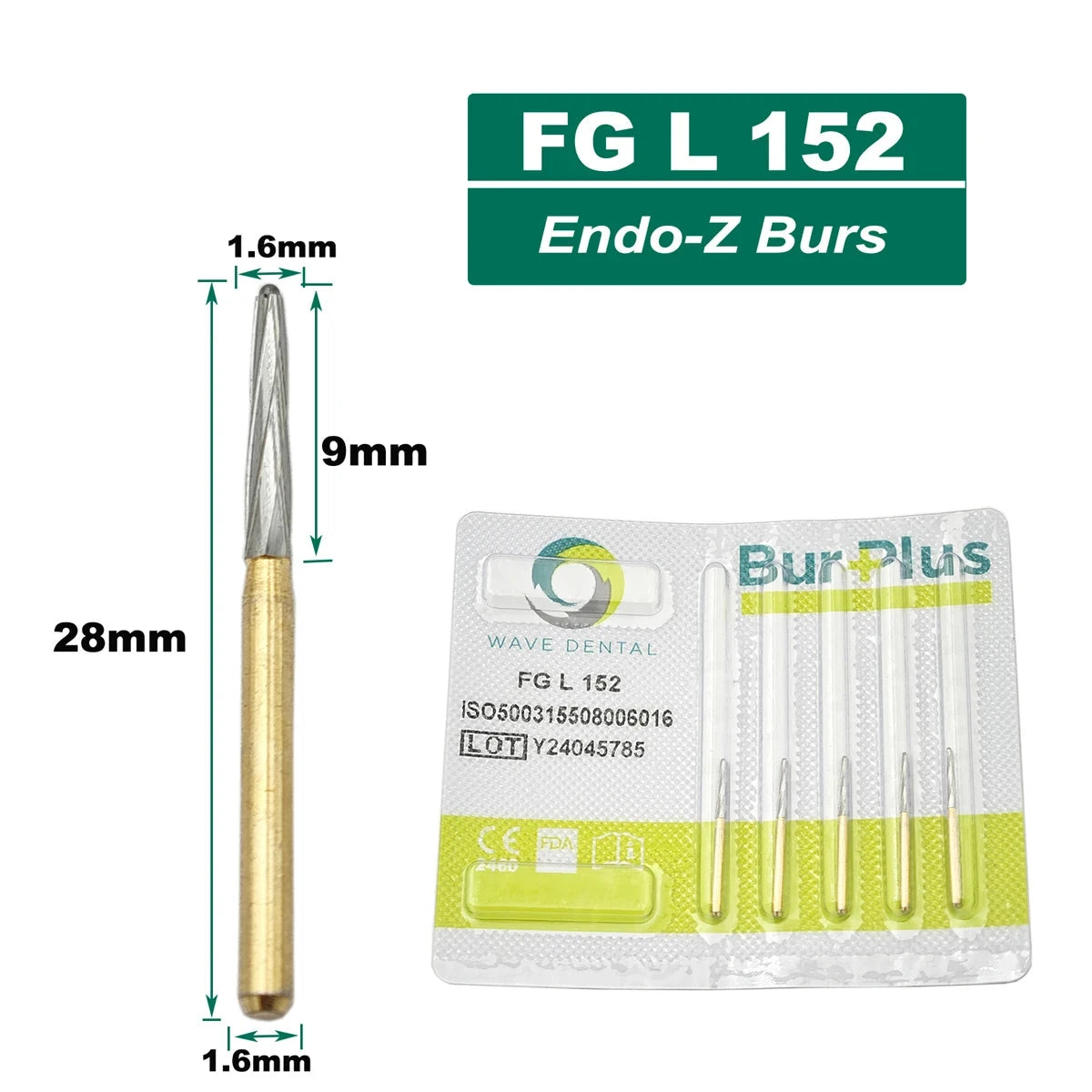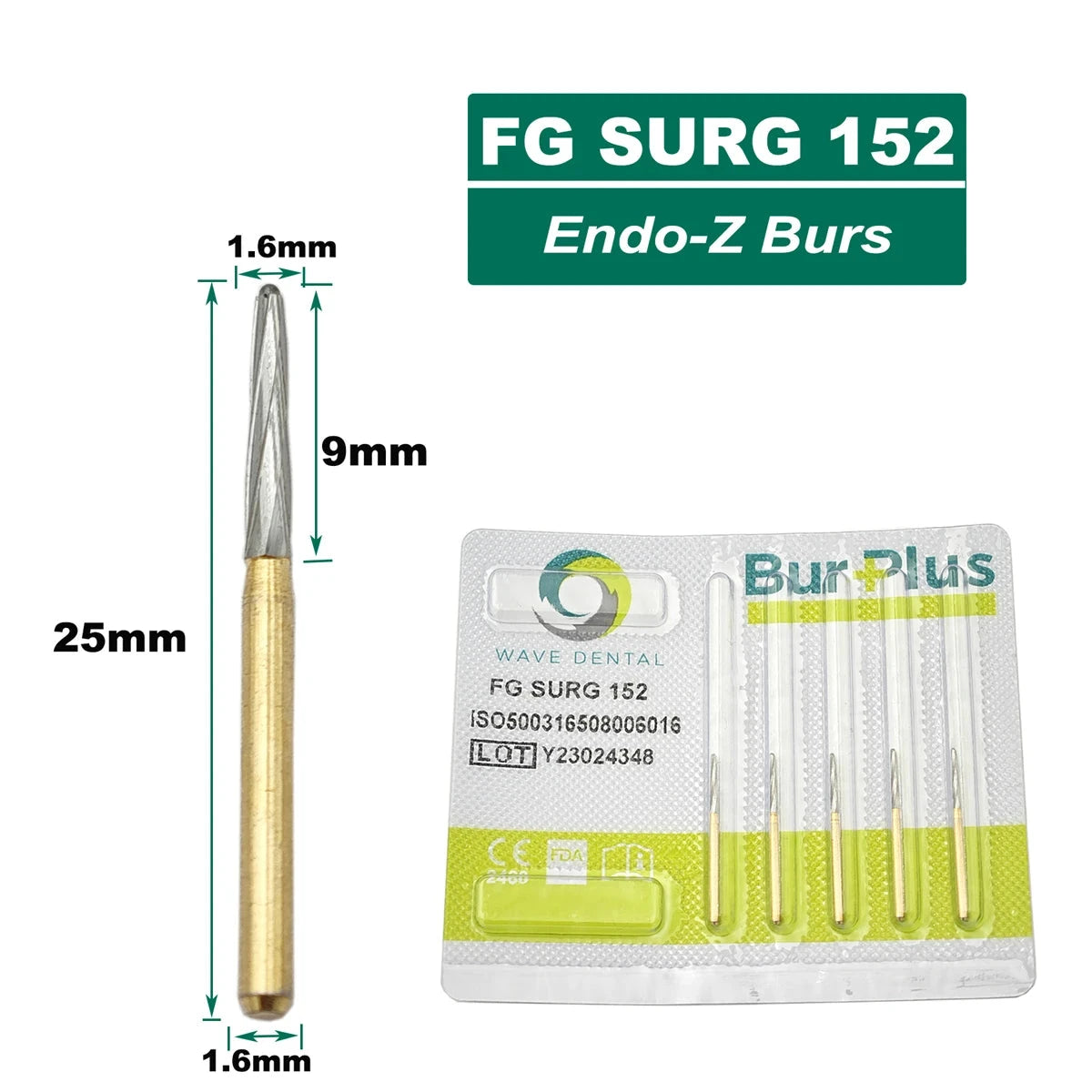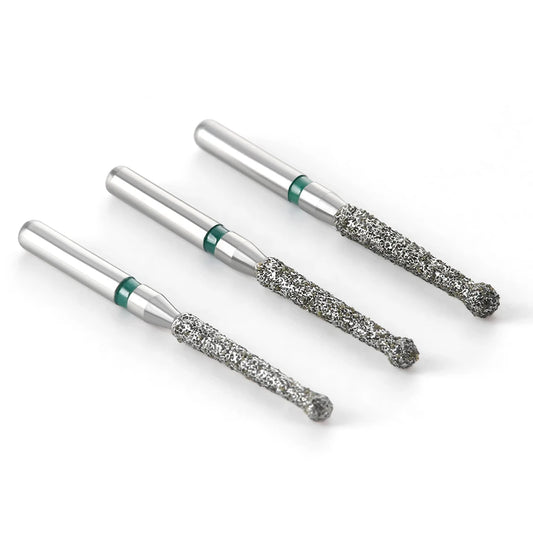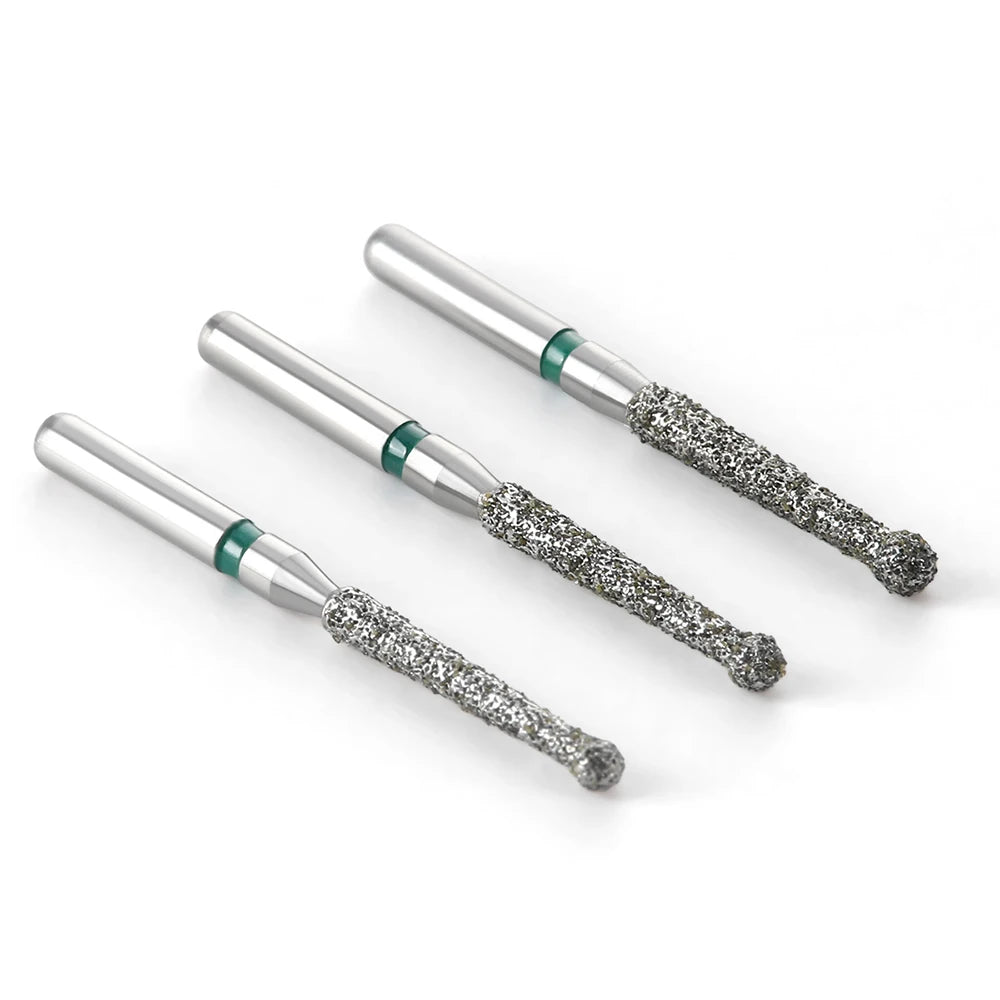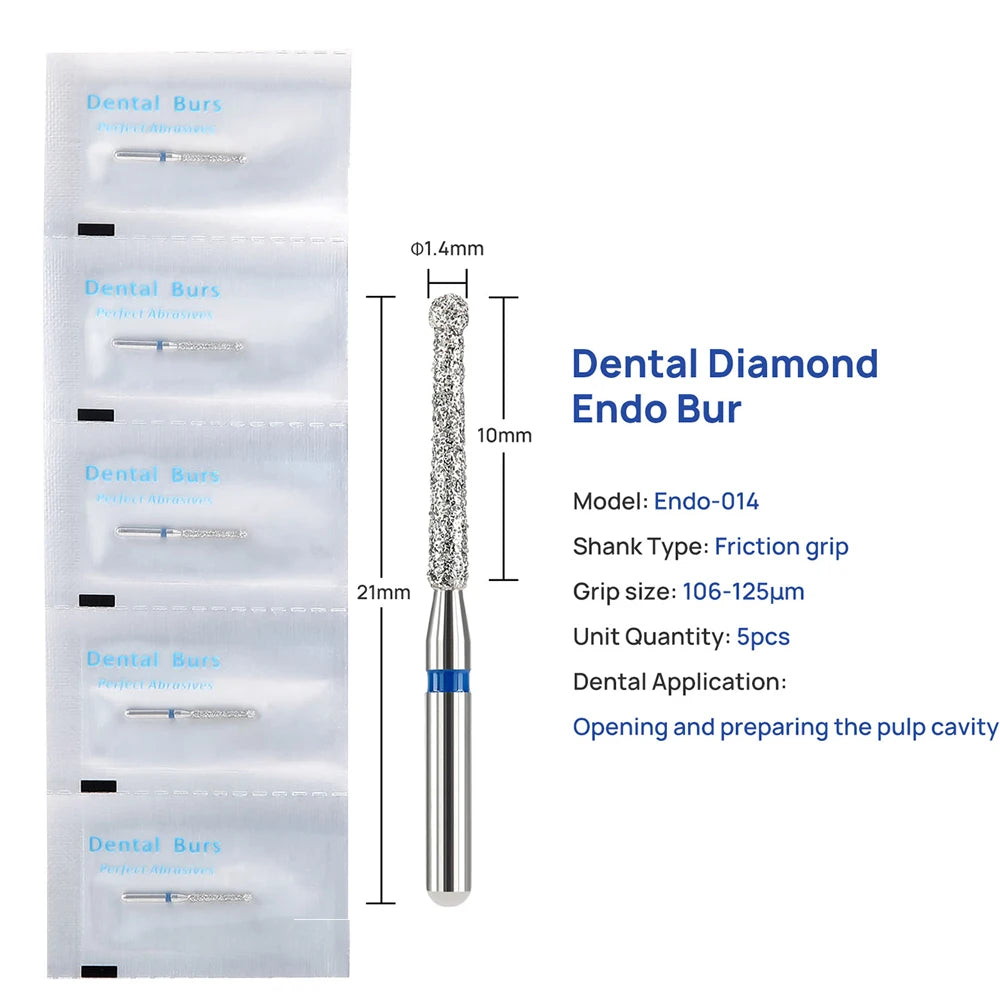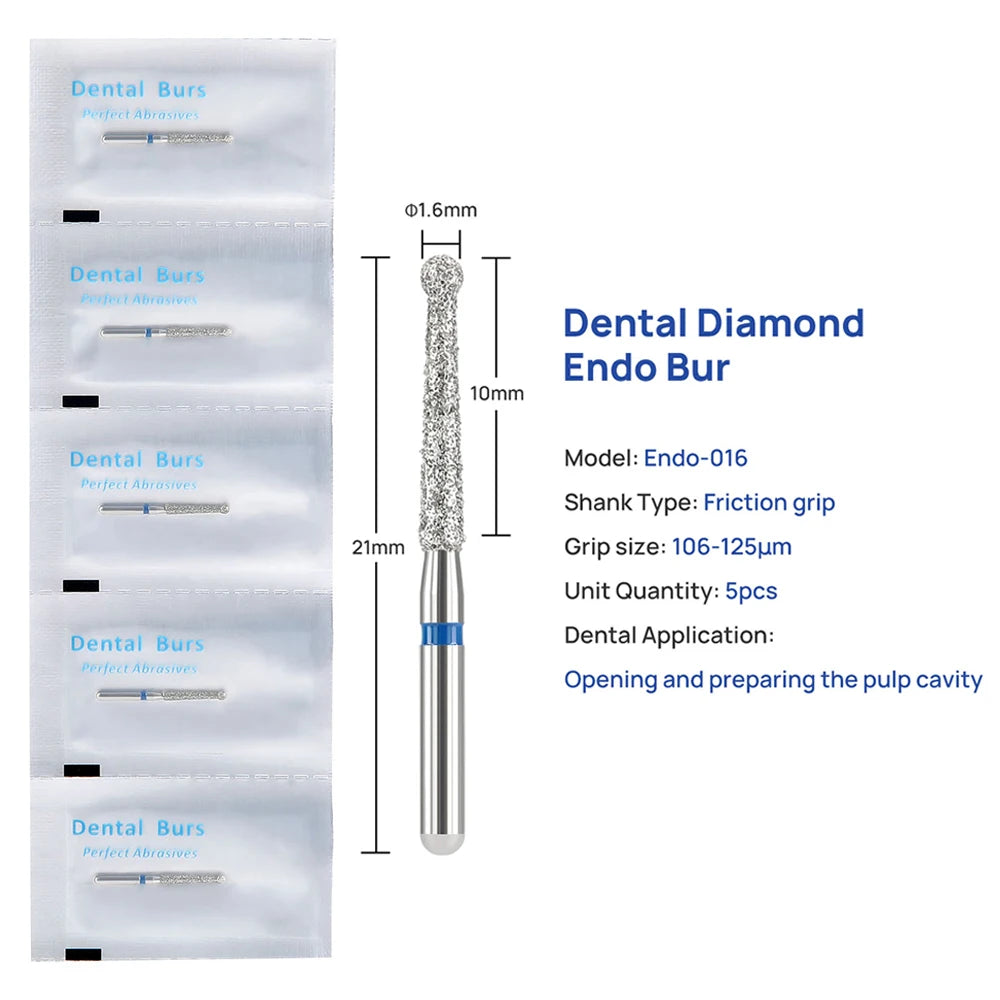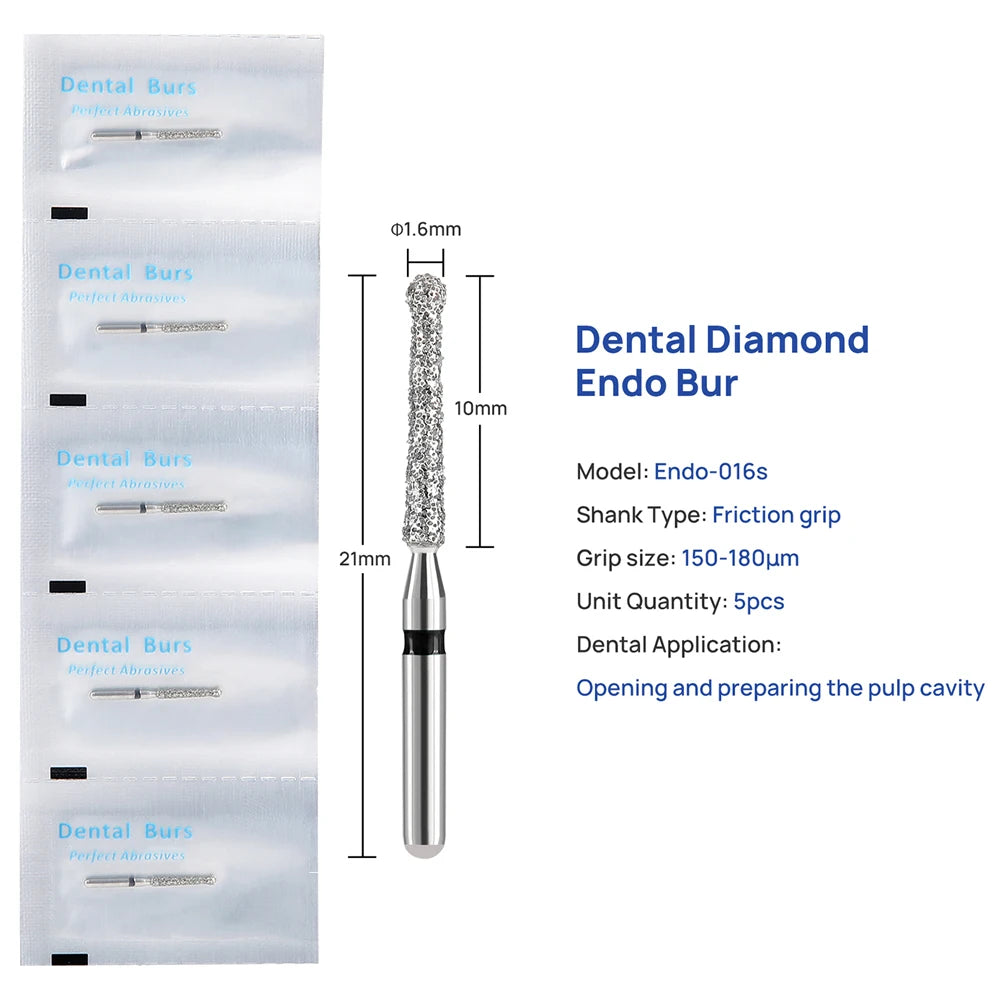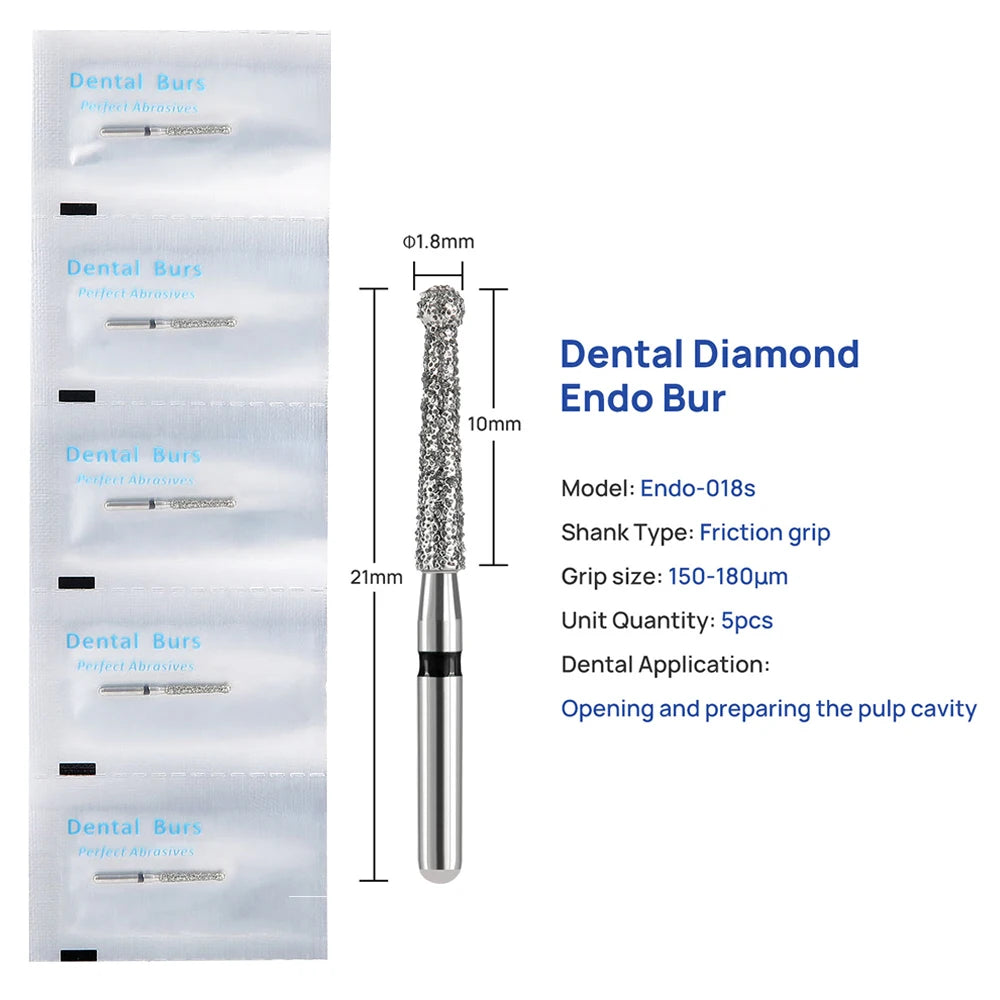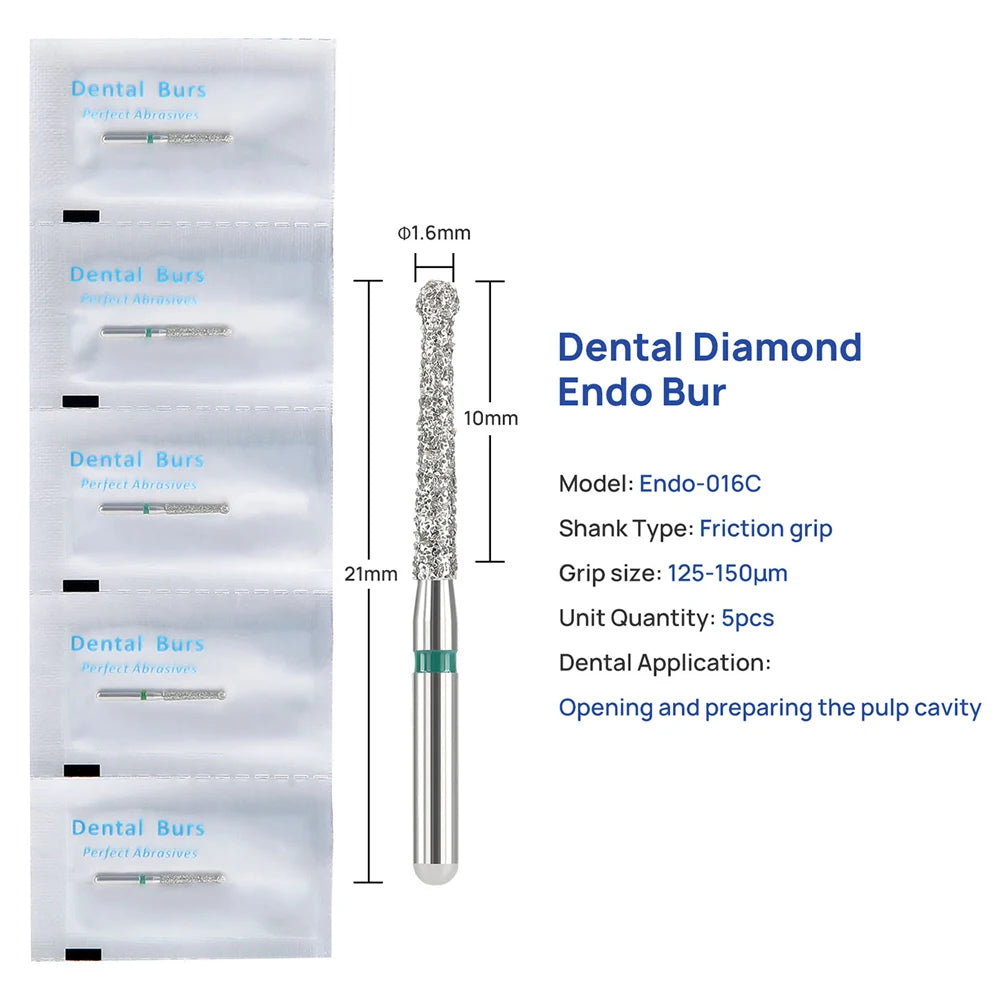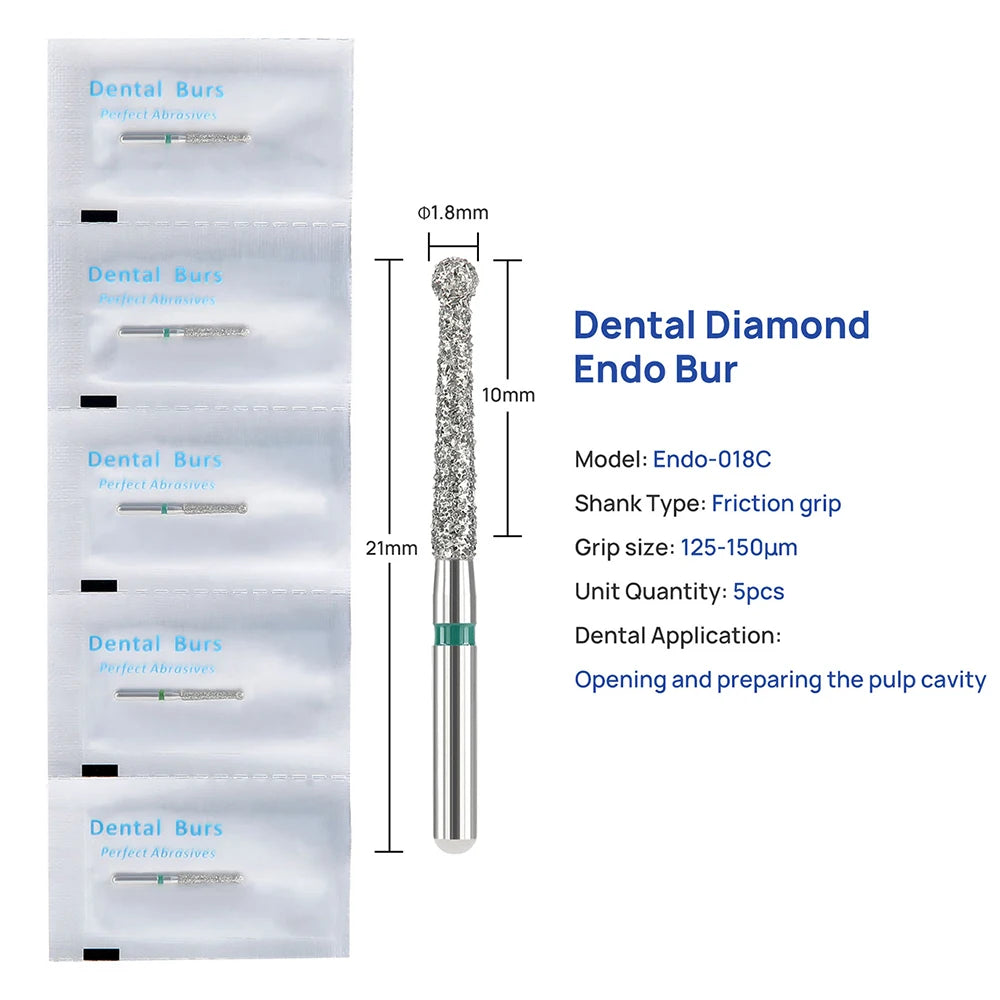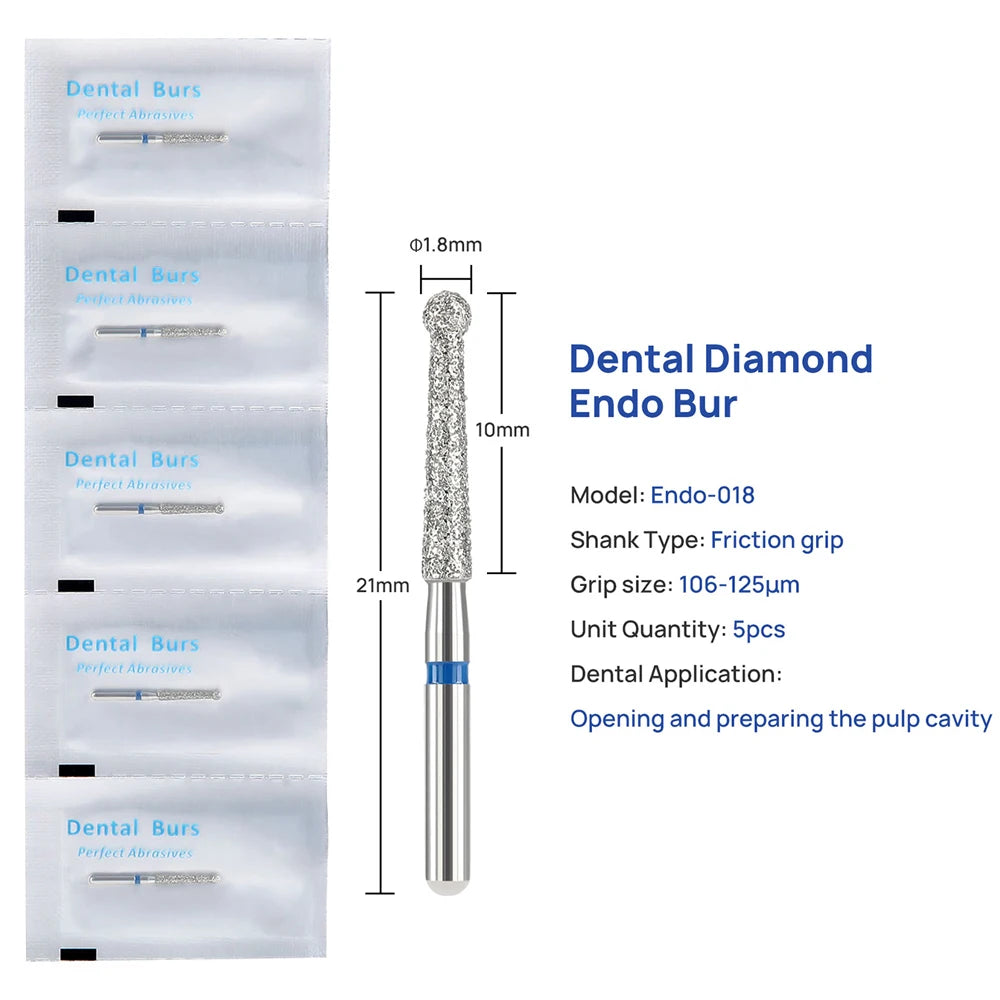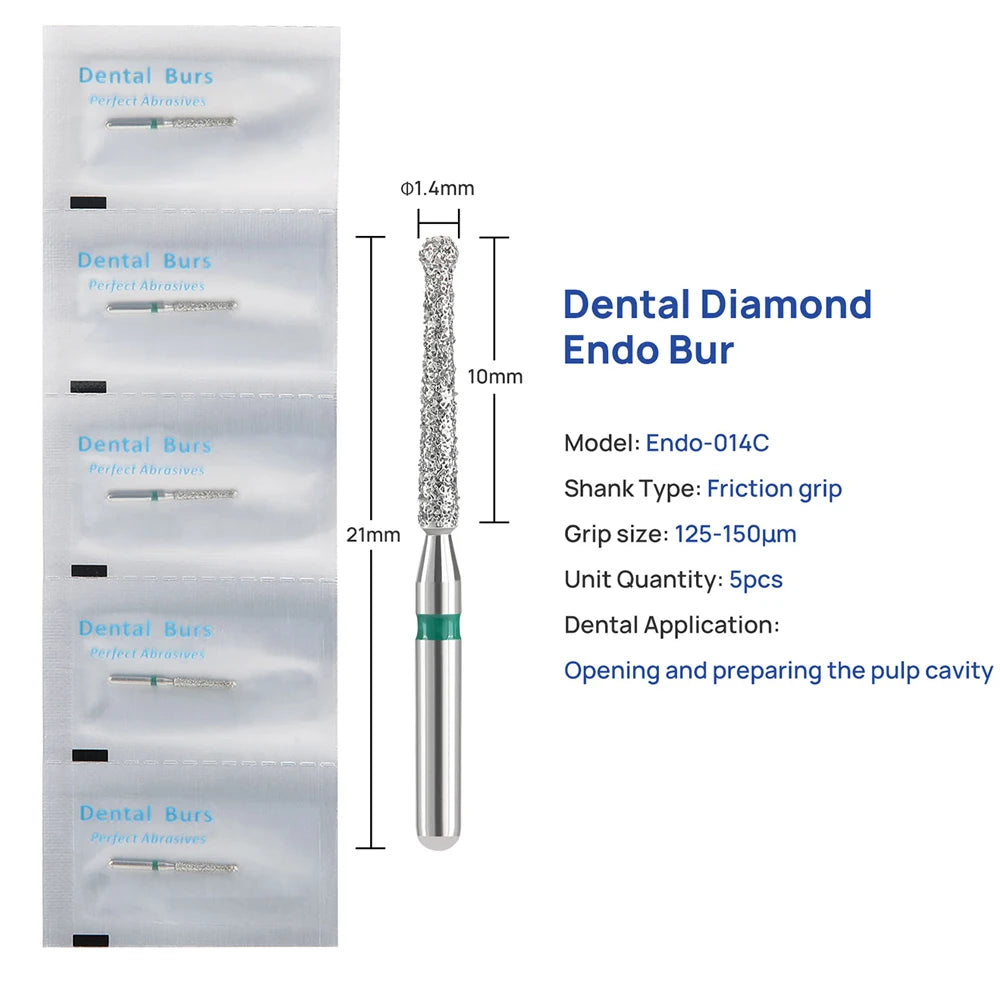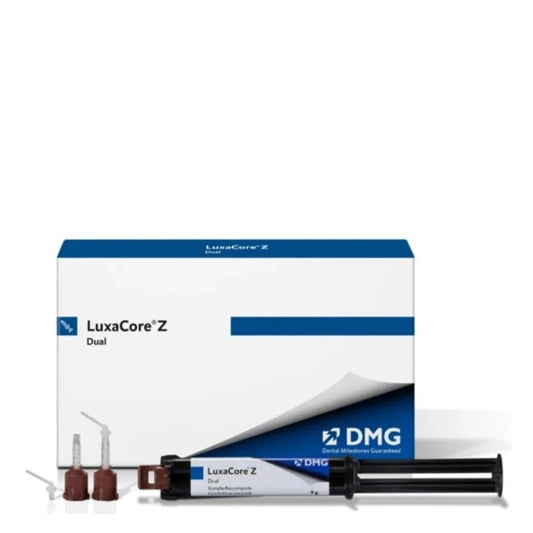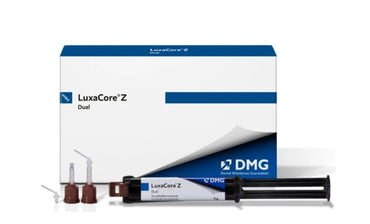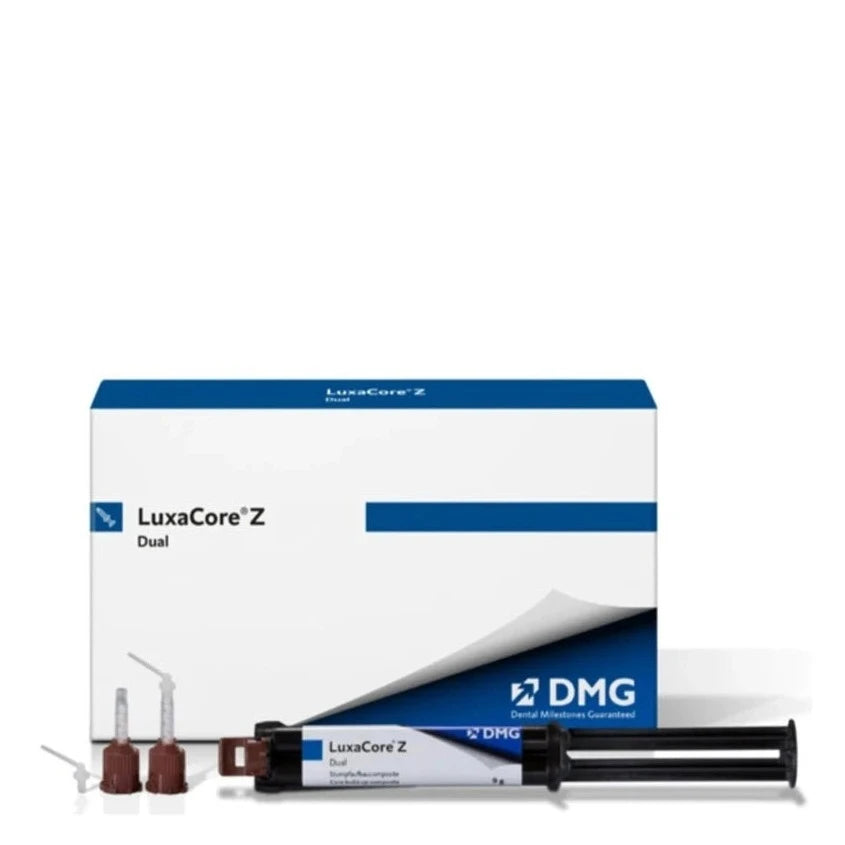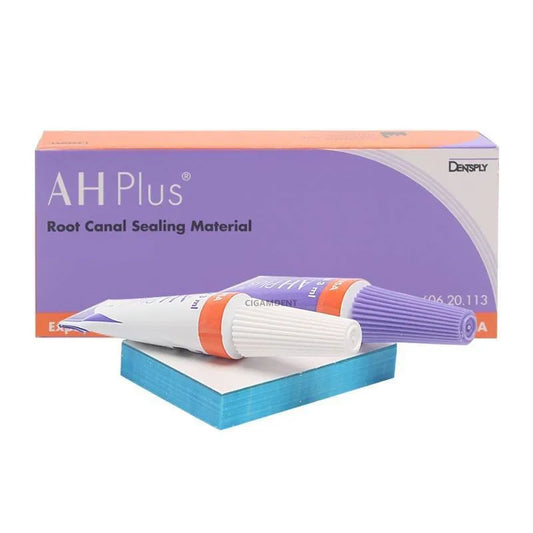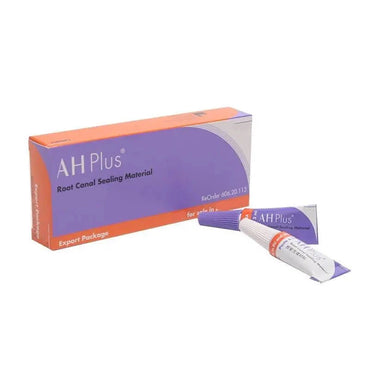In the bustling environment of a dental practice, patient care is paramount. Beyond just providing quality treatments, ensuring patients feel valued and supported throughout their journey is crucial for building lasting relationships and maintaining a thriving practice. One often overlooked aspect of this is post-treatment follow-up.
Implementing an affective (emotionally sensitive) dental patient follow-up system can significantly enhance patient satisfaction, improve outcomes, and foster loyalty. Here’s how to set up an affective Follow Up System:
Understanding the Importance of Follow-Up
Following dental procedures, patients may experience various emotions, ranging from relief to anxiety or discomfort. A well-timed follow-up reassures them that their well-being is a priority for the dental practice, leading to increased trust and satisfaction.
Components of an Affective Follow-Up System
1. Personalized Communication: Rather than generic messages, personalized follow-ups make patients feel valued. Address them by name and reference their specific treatment.
2. Timely Outreach: Contact patients promptly after their procedure to check on their well-being. This can be a phone call, email, or text message, depending on patient preferences and the nature of the treatment.
3. Empathetic Tone: Use empathetic language that acknowledges the patient's potential concerns or discomfort. Let them know you understand and are there to support them.
4. Information and Guidance: Provide clear instructions on post-treatment care and what to expect in the recovery process. Patients appreciate feeling informed and empowered.
5. Opportunity for Feedback: Invite patients to share their feedback about their experience. This not only demonstrates a commitment to continuous improvement but also helps address any issues promptly.
Implementing the System
1. Training Staff: Ensure all staff members understand the importance of follow-up and are trained in communicating effectively and empathetically.
2. Utilizing Technology: Implement a patient management system that allows for automated follow-up reminders and personalized communication. This ensures consistency and efficiency in reaching out to patients.
3. Customizing Messages: Develop templates for follow-up messages but customize them for each patient, including details such as the treatment received and any specific instructions relevant to their case.
4. Monitoring and Adapting: Regularly review the effectiveness of the follow-up system. Monitor patient feedback and adjust communication strategies as needed to better meet patient needs.
Benefits of an Affective Follow-Up System
1. Improved Patient Satisfaction: Patients feel cared for and valued, leading to higher satisfaction rates and increased loyalty.
2. Better Treatment Outcomes: Clear post-treatment guidance reduces the risk of complications and ensures patients follow proper care instructions.
3. Enhanced Practice Reputation: A reputation for excellent patient care attracts new patients and strengthens relationships with existing ones, driving practice growth.
4. Reduced Patient Anxiety: Knowing that the dental practice is there for them post-treatment can alleviate patient anxiety and build trust.
Implementing an affective dental patient follow-up system is a simple yet powerful way to elevate the level of care provided by your practice. By incorporating personalized, timely, and empathetic communication into your post-treatment procedures, you can forge stronger patient relationships and set your practice apart in a competitive landscape.






 https://www.instagram.com/gabriela.tejada.c/profilecard/?igsh=bXQwcGs0ZWU5dw==
https://www.instagram.com/gabriela.tejada.c/profilecard/?igsh=bXQwcGs0ZWU5dw==
